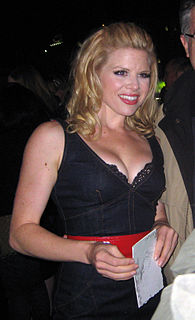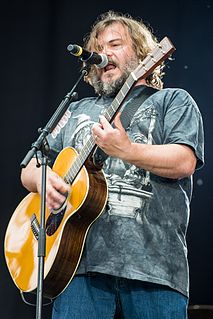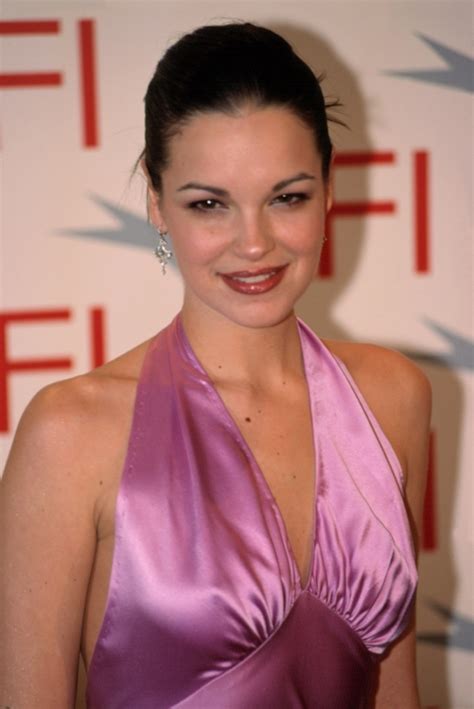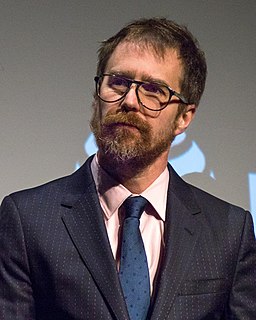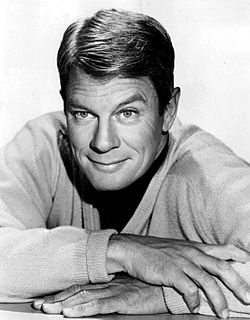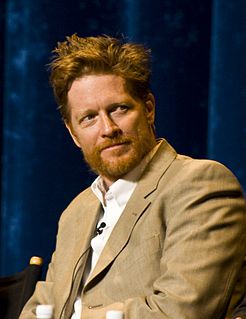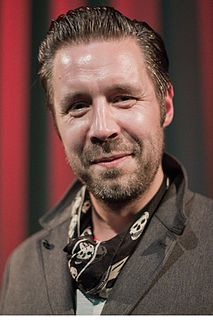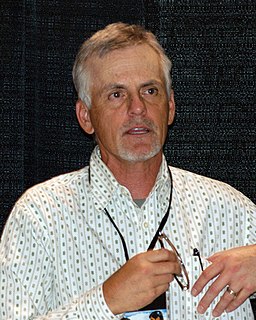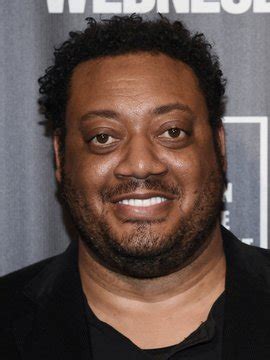A Quote by Megan Hilty
People think that theater actors are too big for the camera. It's like, 'No, we're actors and we adjust for our audience.'
Related Quotes
I think film is a world of directors. Theater is a world of actors. Or, theater is for actors as cinema is for directors. I started in theater. Filming is as complete as directing film. In theater, you are there, you have a character, you have a play, you have a light, you have a set, you have an audience, and you're in control, and every night is different depending on you and the relationship with the other actors. It's as simple as that. So, you are given all the tools.
There are some actors that are great stars and storytellers, but not necessarily good actors. I'm talking about some - not all - of the people you see in action flms or blockbusters. They're film stars, though not necessarily great actors. And there are those who are great actors, but not necessarily big film stars. Jim Sturgess is both. He's quite obviously a star, the audience likes him, he's a great storyteller and he turned out to be one of the greatest actors I've worked with as well.
In drama, you're interacting with other actors to tell the story. The camera is like the theater: it's the artistic fourth wall. In a screen play, you don't look at the camera and communicate with it. But with hosting, you're looking right into the lens and talking to the people. It is a different style, and it's fascinating.
There is nothing worse than when actors come to a set - and it happens a lot with big stars - and they are too aware of where the camera is. They are the show. And that becomes apparent and it affects the production. I am like 'You should not know where the camera is - you should act, and I will do the rest.'
Learn as much as you can about performing. Live theater, improv classes, music, stand up comedy, dance, anything to make yourself confident and comfortable in front of an audience. It'll all come in handy when auditioning for producers and performing with other actors. The best voice actors all have a live performance background. And are competent, fearless, incredibly creative actors.
